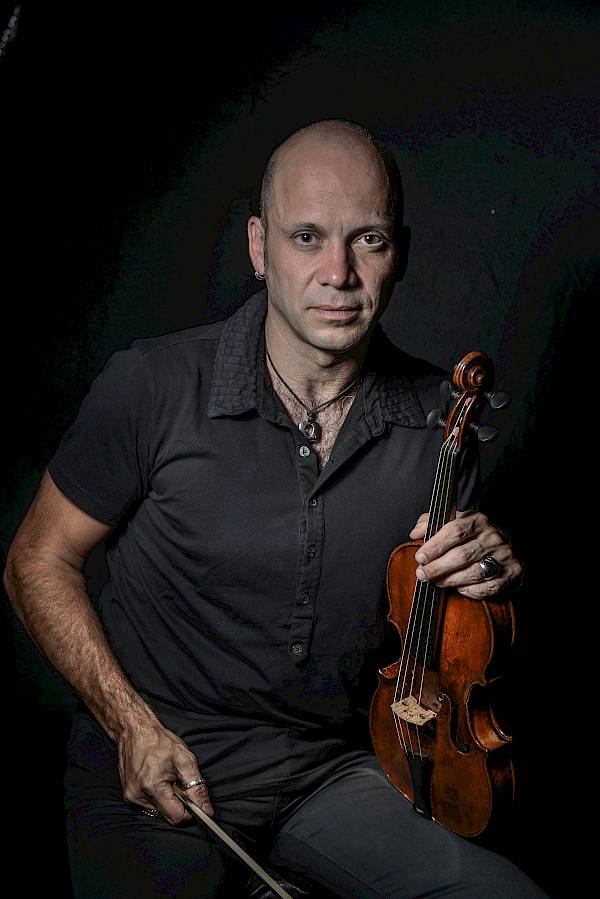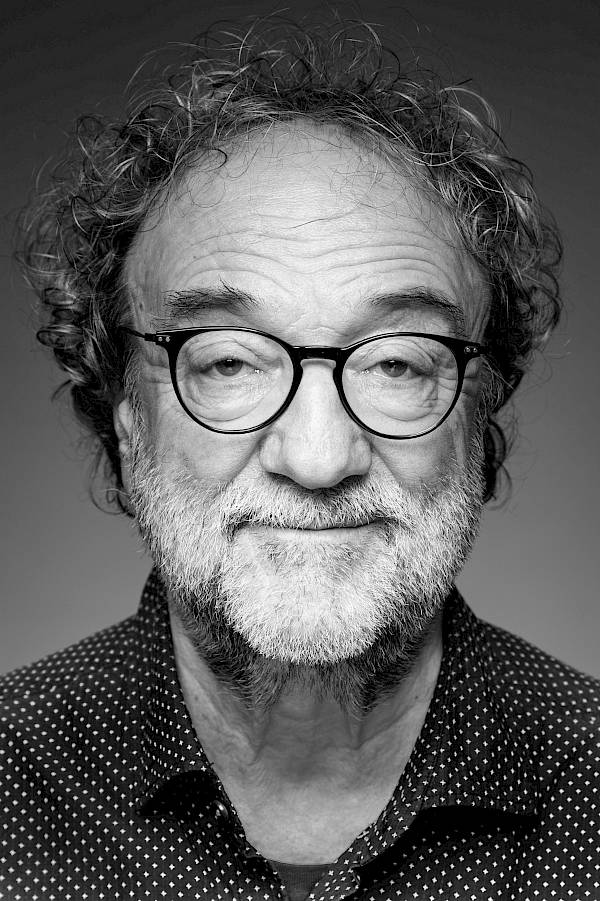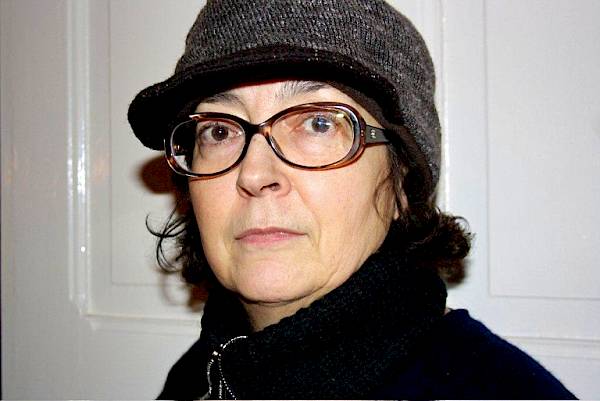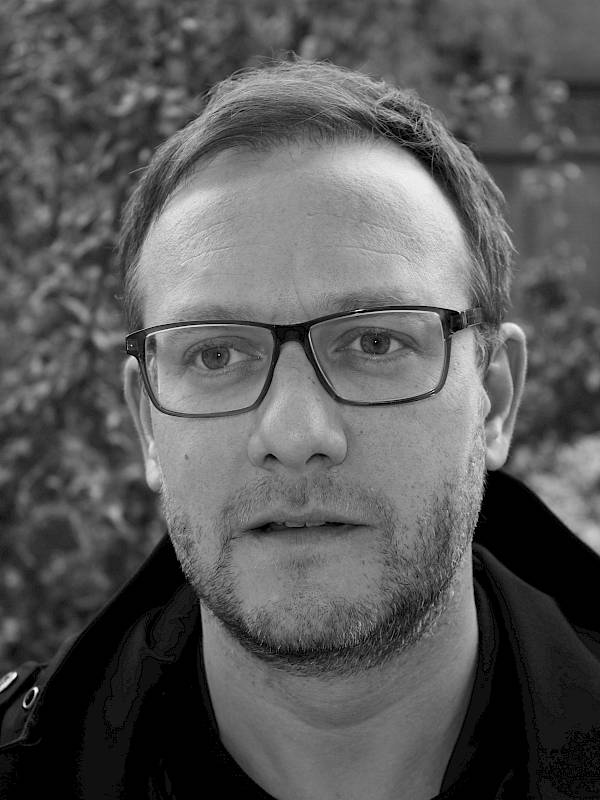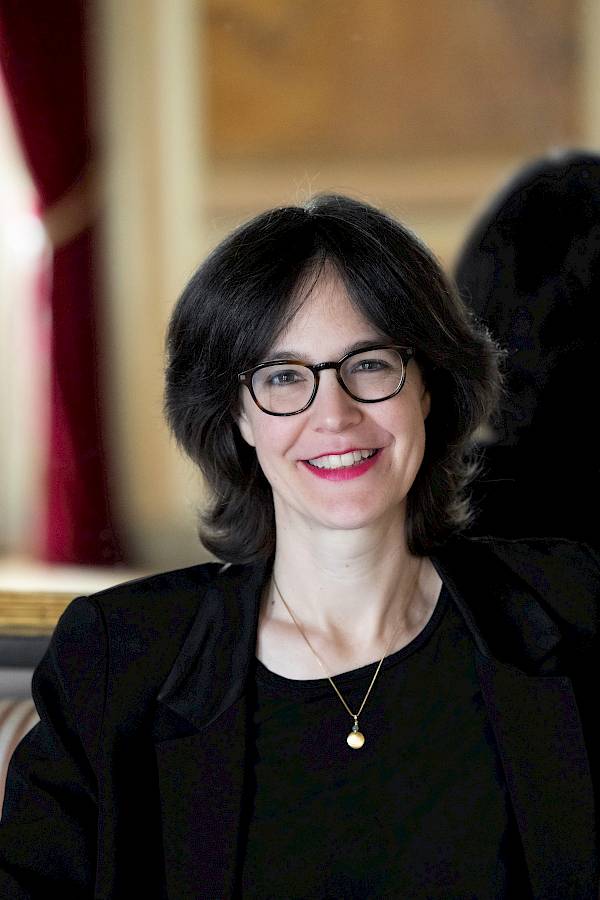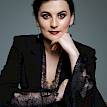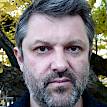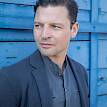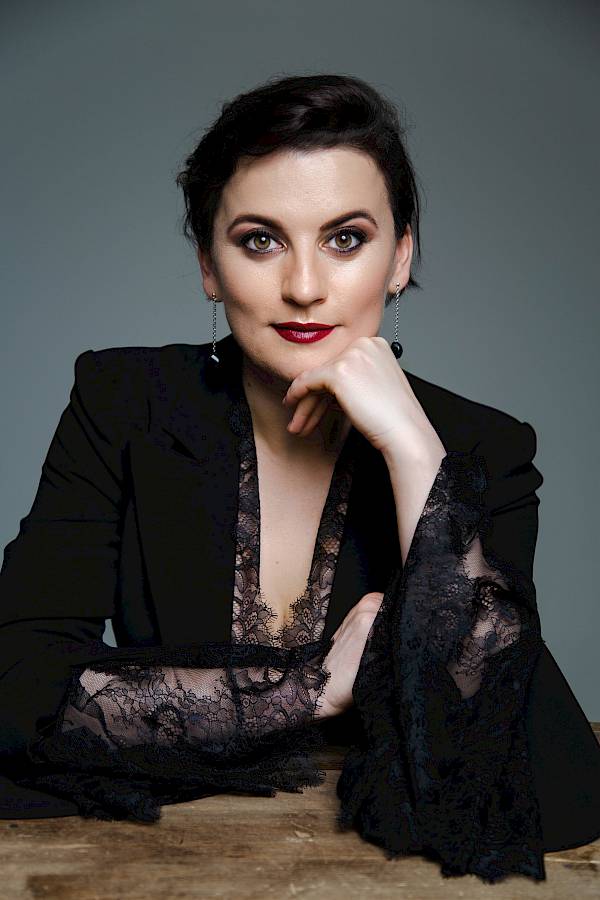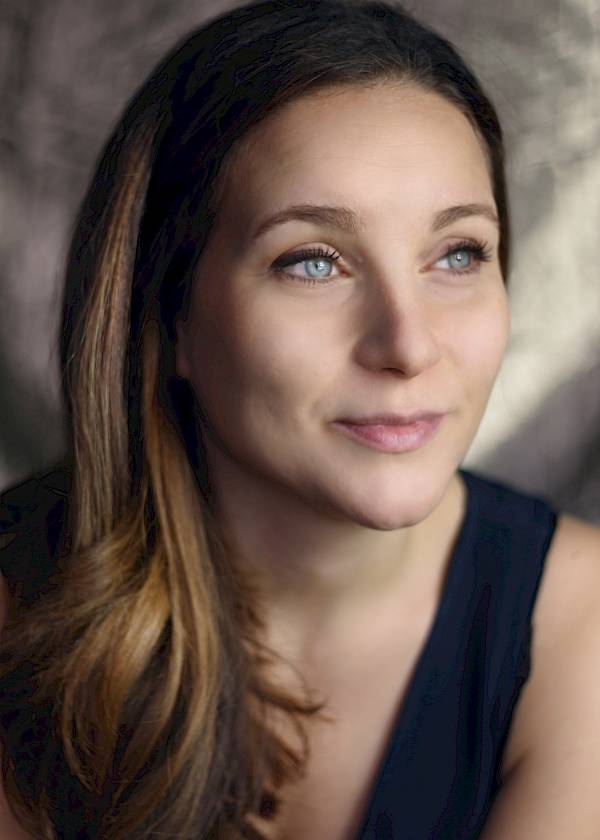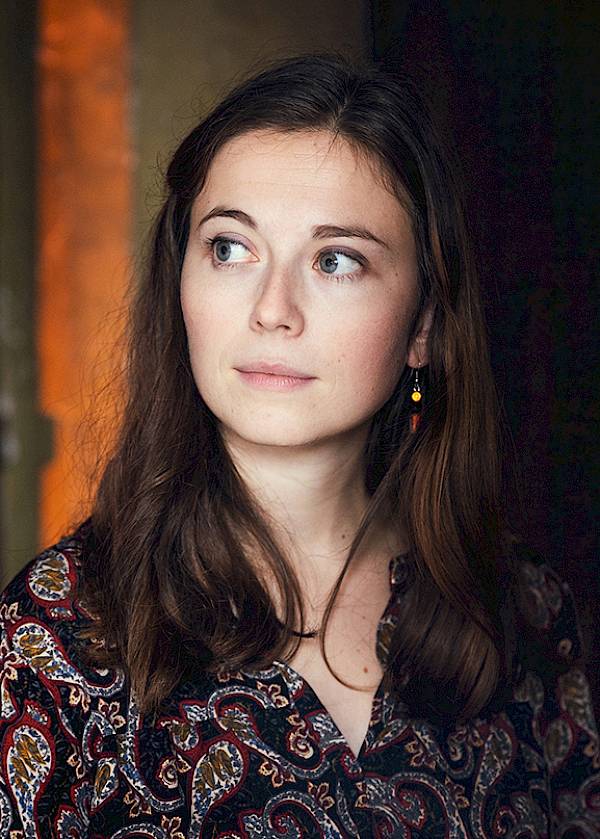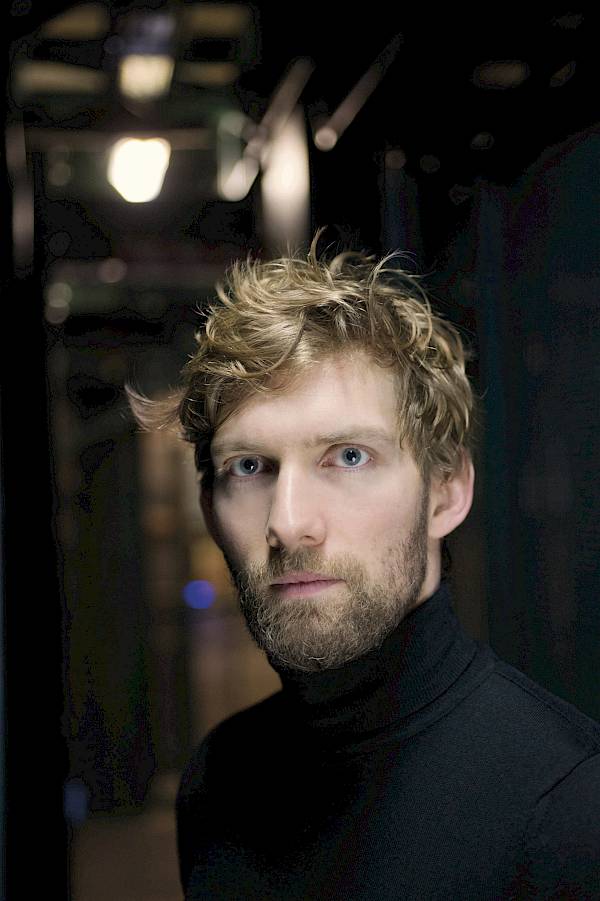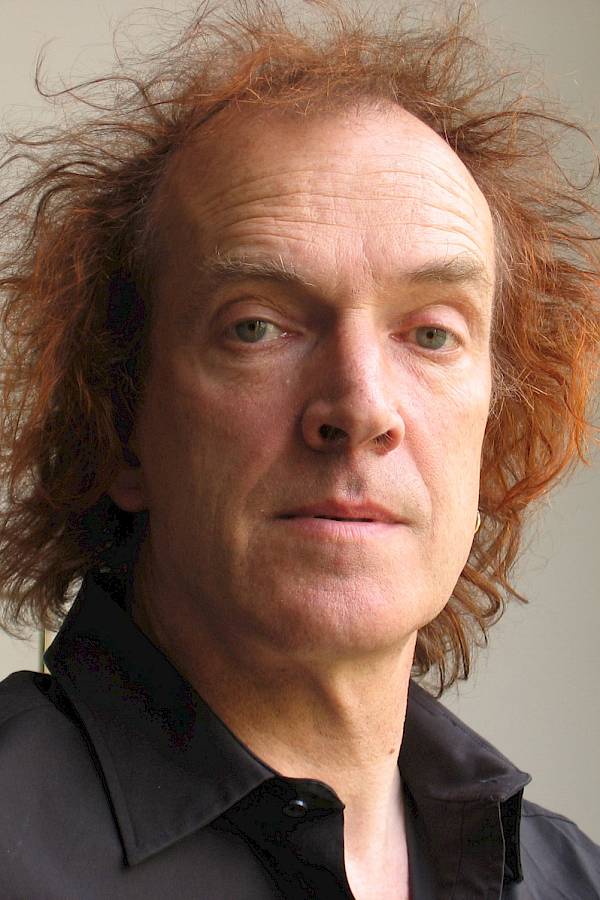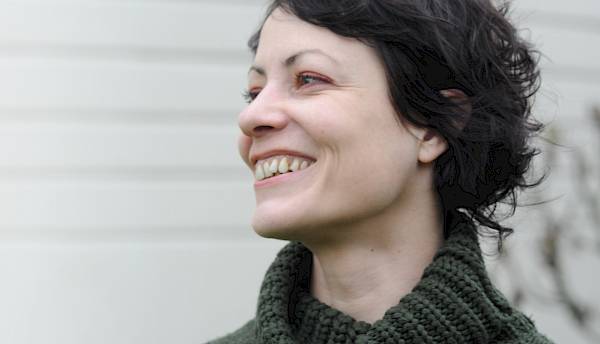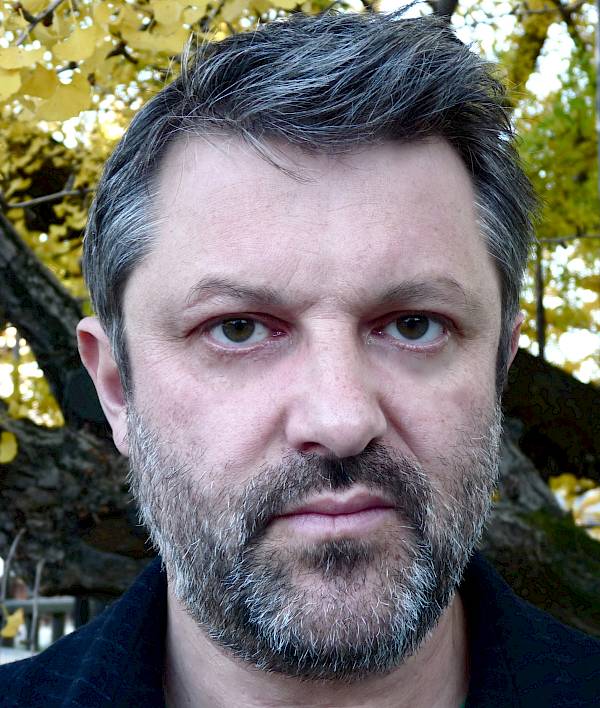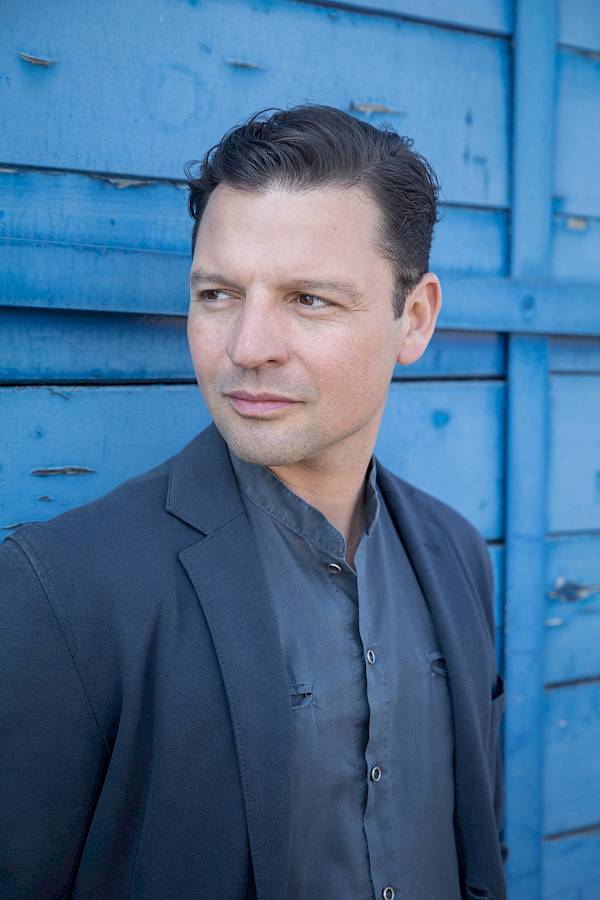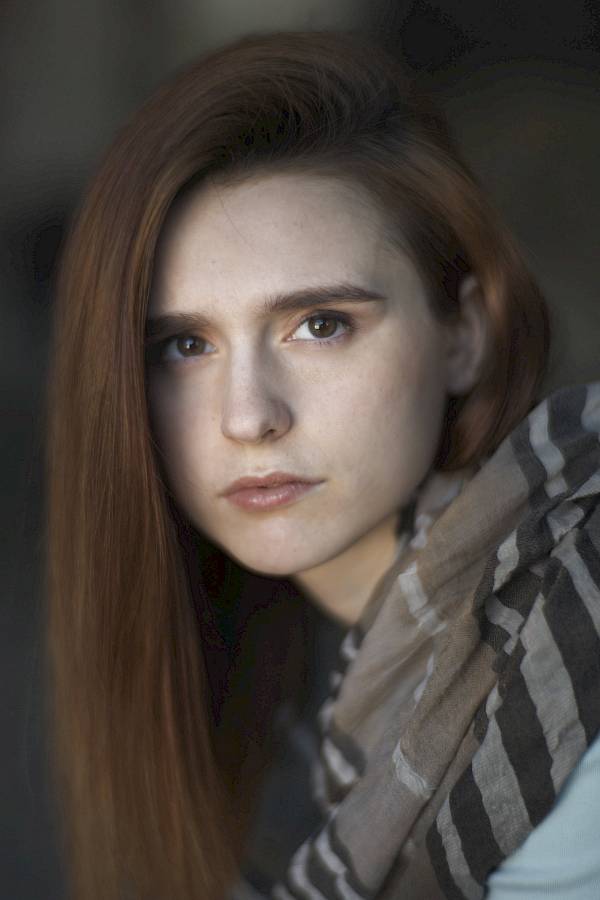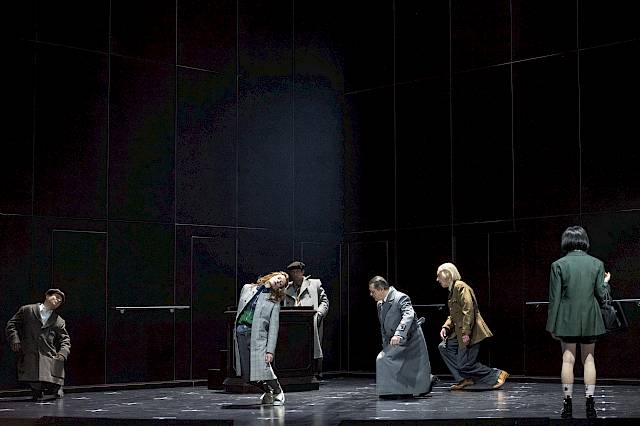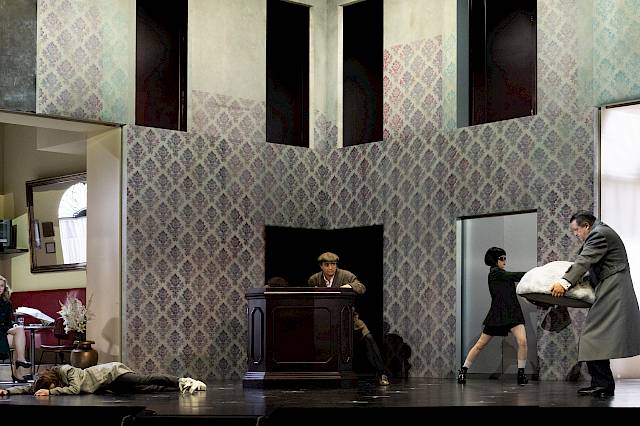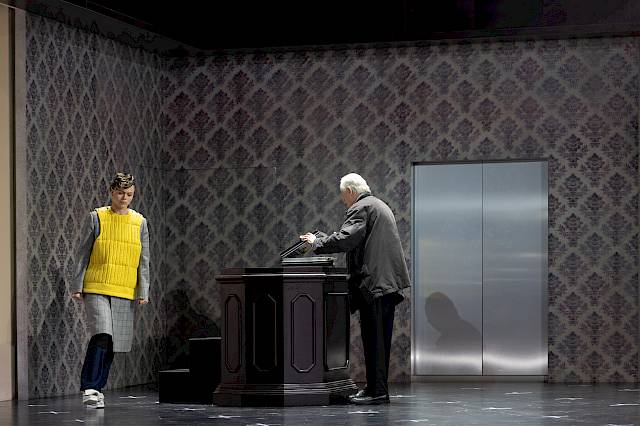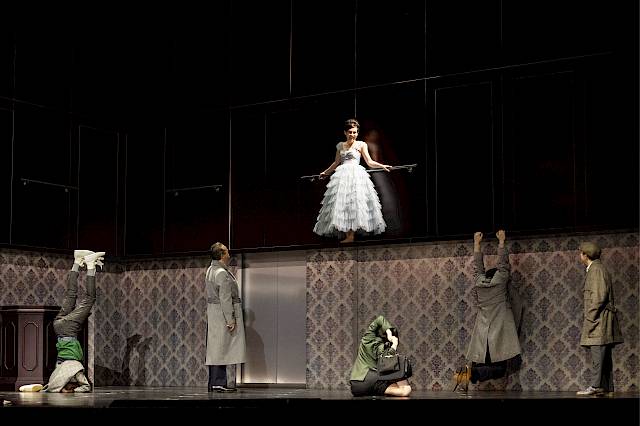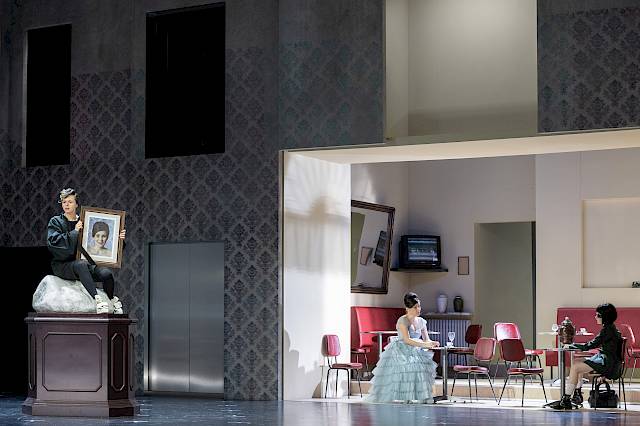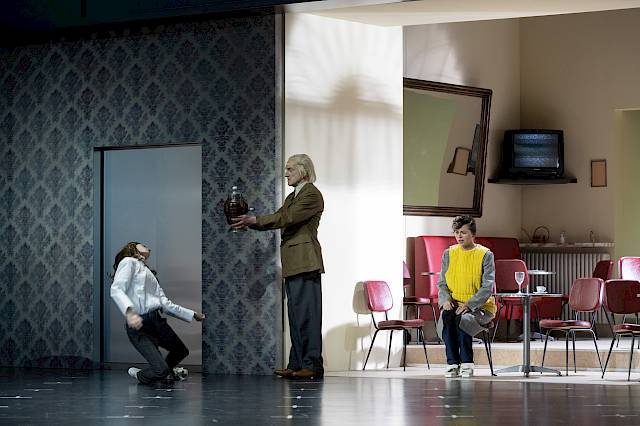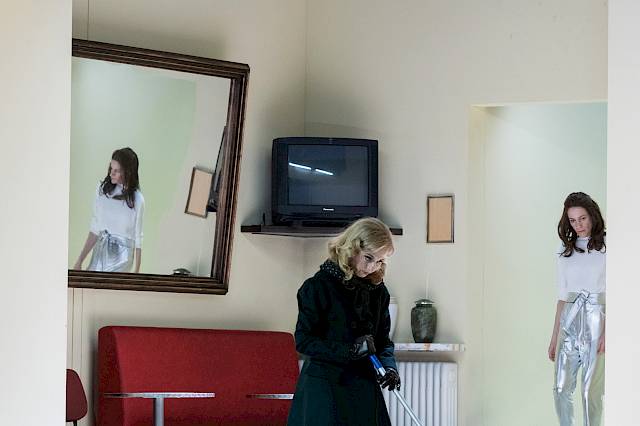Abstract
The history of opera began 400 years ago, with the first musical setting of the story of Orpheus, the singer who used the power of his voice to bring his beloved Eurydice back from the realm of the dead. Since then, countless composers have returned to the myth. One of the most successful Orpheus retellings was by Christoph Willibald Gluck, who began his series of reform operas with Orfeo ed Euridice in 1762. In an effort to redefine a genre reeking of artificiality that had congealed into a vehicle for virtuoso singing, Gluck re-focused his writing on human passion and naturally flowing melodies.
This production by Christoph Marthaler was developed in the middle of the pandemic in 2021, and has thus far only been seen as a livestream online. For his staging, Marthaler was completely at ease with the pandemic’s distancing regulations: emotional closeness and distance is a central theme of his work in general, and of this opera. Together with stage designer Anna Viebrock, he takes a closer look into the dark corners of the myth. Which heavenly beings are at work when Orpheus leaves this world and descends to the underworld? Is it really only Jupiter who is in charge, or is there a more obscure system that thinks and directs than at first glance? Viebrock’s set is no less enigmatic, with its doors and secret entrances, where figures can move about as if in a long-ago film noir. The fundamental question of the Orpheus narrative – namely, why do people sing instead of speak? – is addressed by Marthaler and Viebrock in almost all of their joint works. Together, they have found a variety of answers. One of them, perhaps the most essential of them all, is this: By singing, one can penetrate more deeply into one’s own being than one can with the help of mere words. This revival brings live performances by Olga Syniakova (Orphée), Chiara Skerath (Eurydice), and Alice Duport-Percier (Amour). They’re joined by other performers, and together they complete Marthaler’s wonderfully whimsical «resurrection training». As with the premiere run, the opera is presented in the version by Berlioz, and is musically led by Stefano Montanari.


